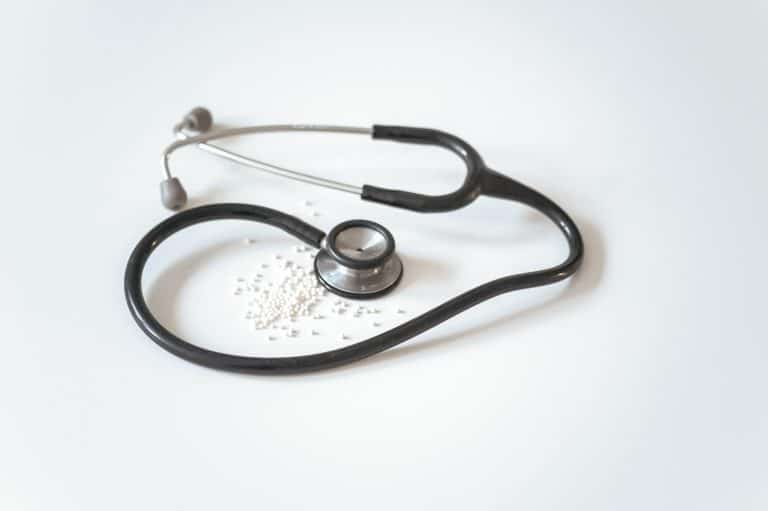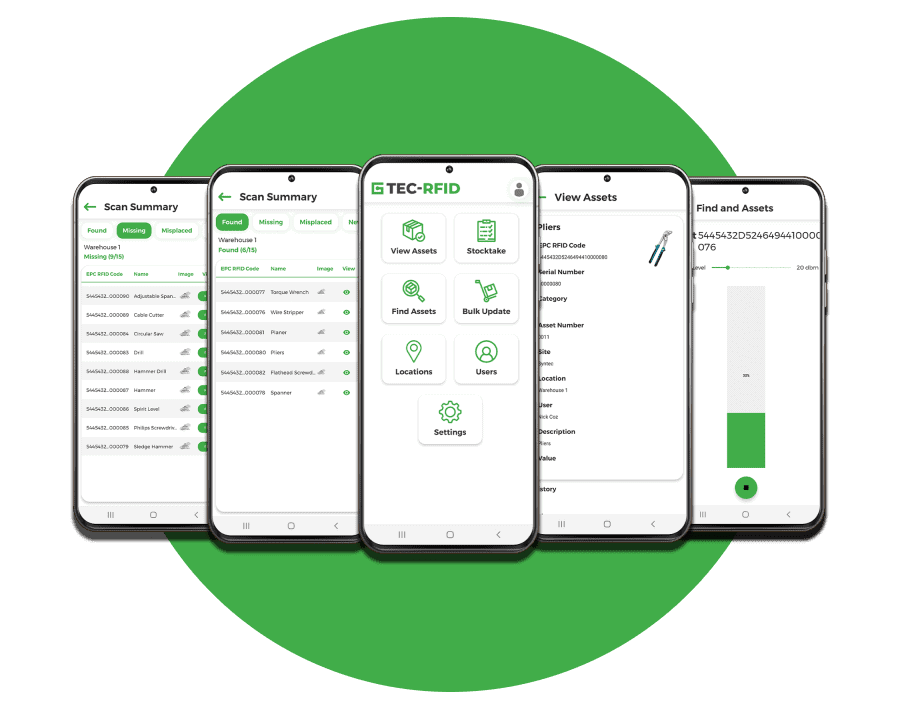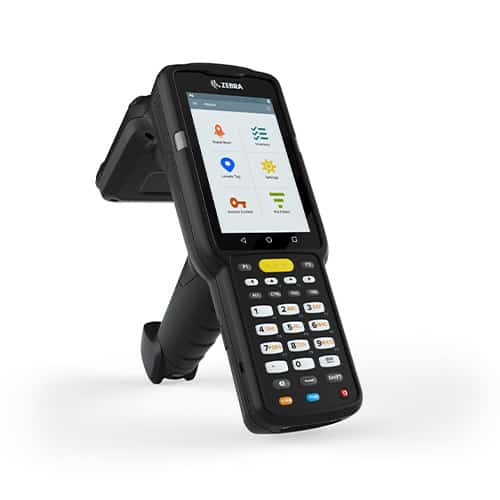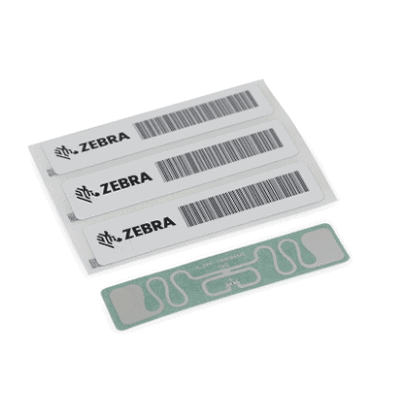How is RFID used in Healthcare?
Improving the healthcare system is a delicate undertaking. RFID technology provides the sector with an innovative approach to progress.
Hospitals and healthcare services must constantly check various assets, such as medicine, equipment and pharmaceuticals. RFID in healthcare can be used to track a wide range of equipment, from large assets such as beds and wheelchairs to smaller tools like blood pressure monitors and stethoscopes. Tracking medical equipment with RFID tags can save time spent searching for equipment – saving lives – and can ultimately reduce costs often spent on buying new equipment.
RFID technology not only provides the healthcare sector with the opportunity to ease inventory management, but it also makes it possible to streamline processes and improve efficiency with surgical precision. For instance, RFID Asset management provides improved accuracy regarding patient identification, better safety standards, and faster response times to critical events in an environment where every second counts.
The Benefits of RFID in Healthcare:
As a novel technology, there are a multitude of benefits to using RFID in the healthcare sector that can:
Improve patient safety through the use of RFID tags in wristbands and other equipment, providing a better way to monitor the medical process for patients and ensuring that the right equipment is used.
Increases efficiency of a hospital, operation theatre or surgery by saving time in locating equipment and necessary supplies through the click of a button.
Offer a better inventory and stock management solution with more accurate data input, alerting you when equipment needs replacing or stock needs resupplying.
Automate the supply chain management of medication and pharmaceuticals with better tracking and data analysis throughout, improving every step of the process prior to it reaching the intended healthcare facility.

How Does RFID Asset Management Help Hospitals?
Hospital assets are essential in providing the highest quality care and maintaining a healthy environment. Using RFID in healthcare supports hospitals by streamlining their operations, therefore, enabling them to better manage their resources. It also helps to authenticate different procedures as well as provide inventory visibility and improved regulatory compliance, reducing paperwork and making assets easier to locate.
Put simply, hospitals benefit from much greater efficiency in administrative tasks when using RFID, such as ordering new parts quickly, locating lost and misplaced items or checking for recalls on medical devices without needing manual data entry for each process. This process can save time and money.
Tracking Valuable Assets with Ease
Hospitals can also track their pharmaceuticals using RFID. The technology allows them to track the movement of medicines easily and efficiently throughout the hospital system. As an expensive and controlled commodity, medicine and pharmaceuticals are a hospital’s most valuable assets. It is therefore essential for hospitals to protect these items and keep a constant inventory count in order to prevent them from being misused, misplaced or stolen.
With RFID, hospitals can better track each drug owned by the facility and ensure staff members are informed of expiration dates and other necessary information.
Recommended RFID Equipment Tracking in Hospitals
STOCKTAKING MADE SIMPLER WITH THE TEC-RFID ASSET MANAGEMENT APP
Stocktaking is made simple with the TEC-RFID Asset Management app, increasing not only the speed of your stocktake, but the accuracy too.



